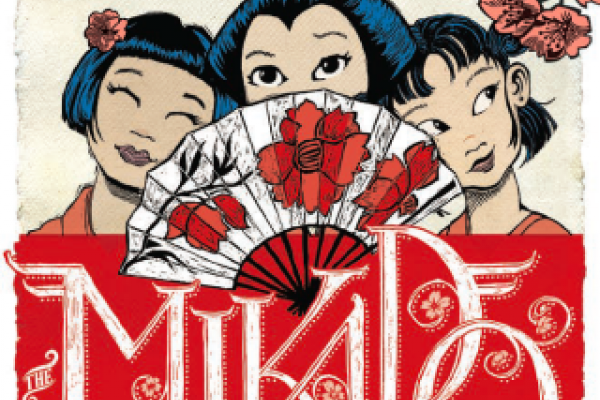In my pastoral counseling class in seminary, the professor played a video of a counseling session of a black couple. He intended for us to learn some lessons on marriage counseling from it, but it turned out to be a laugh fest for the mostly white class. Repeatedly the husband and wife cut each other down with witty insults. My sense is that the couple reminded the students of George and Louise Jefferson from the TV show The Jeffersons. I sat next to an African American student that day and during the break I turned over to him and asked, “Do you find this funny?” He said, “I’m glad you asked,” and proceeded to tell me that he witnessed this kind of behavior firsthand in his own home since his parents are divorced. Needless to say he did not find the video amusing. I encouraged him to voice this to the class, which he courageously did when we returned from break. It seems while the professor intended to communicate one thing from showing the video, it communicated another because of the manner in which the students were racialized.
I share this story as an analogue to the recent controversy surrounding the production of the Seattle Gilbert and Sullivan Society’s The Mikado — a comic opera written in 1885 as a critique of British politics and institutions, set in distant, mysterious, and mostly made-up Japan. It began with Sharon Chan writing an editorial to the Seattle Times, calling the current production of it by an all-white cast as “yellowface” and “open[ing] old wounds and resurrect[ing] pejorative stereotypes.” Since then, Jeff Yang has also written an editorial for CNN.com entitled, “Yellowface staging of ‘The Mikado’ has to end.” I will not rehearse their arguments here; I write to address why this incident matters to North American evangelicals.
Read the Full Article

